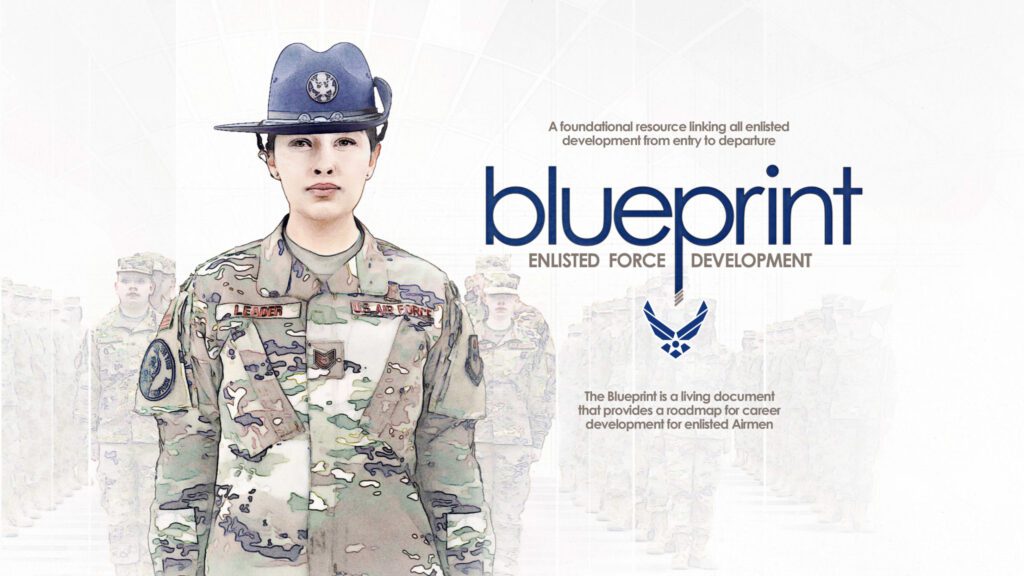This article provides a comprehensive guide on how to navigate a successful career in the military. It covers important aspects such as enlistment and basic training, acquiring advanced skills and specialization, navigating the rank structure and promotion opportunities, embracing leadership roles, and balancing personal and professional life. The article emphasizes the importance of dedication, discipline, and continuous learning in order to achieve career growth and personal fulfillment in the military. It also encourages individuals to take advantage of the resources, mentorship, and opportunities available to them in the military.
From Enlistment to Advancement: Charting a Successful Career in the Military
Introduction
In today’s fast-paced world, a career in the military can be both challenging and rewarding. The path from enlistment to advancement requires dedication, discipline, and a clear understanding of how to chart a successful career. This article aims to provide a comprehensive guide on how to navigate the military ranks and achieve career growth, organized into various sections using HTML headings.
Section 1: Enlistment and Basic Training
Heading: Enlisting in the Military
When considering a career in the military, the first step is to enlist. This process involves researching different branches, reaching out to recruiters, and completing the necessary paperwork. Heading: Basic Training: Building the Foundation
Upon enlistment, new recruits undergo basic training, where physical fitness, discipline, and teamwork are emphasized. This period also provides an opportunity to receive initial training in a chosen military occupational specialty (MOS) or career field.
Section 2: Acquiring Advanced Skills and Specialization
Heading: Further Education and Training
Initially, military personnel receive entry-level training for their specific MOS. However, as individuals progress through their careers, acquiring advanced skills and specialized training becomes crucial. The military offers various opportunities for personnel to attend schools and courses that enhance their expertise and marketability. Heading: Obtaining Certifications and Qualifications
Beyond formal education, certifications and qualifications play a pivotal role, as they validate an individual’s proficiency and skills. Depending on the chosen career field, certifications may be required for promotion and career advancement. It is essential for military personnel to continually pursue these credentials to stay ahead in their respective domains.
Section 3: Navigating Rank Structure and Promotion Opportunities
Heading: Understanding the Military Rank Structure
To progress in a military career, understanding the rank structure is fundamental. Learning about the different ranks, responsibilities, and requirements for promotion aids in setting clear goals and aspirations. Heading: Performance Evaluation and Promotion Potential
Hard work and dedication are not enough for career growth – positive performance evaluations are crucial. Personnel should actively seek opportunities to demonstrate competency, leadership, and professionalism. Additionally, it is essential to understand the criteria for promotion and actively work towards meeting these requirements.
Section 4: Leadership and Mentorship
Heading: Embracing Leadership Roles
As individuals move up in rank, assuming leadership roles becomes an integral part of their military career. Leadership positions allow for personal growth and development while guiding and influencing others. Heading: Seek Mentorship and Professional Development
Finding a mentor within the military can be beneficial for career advancement. Mentors offer guidance, share personal experiences, and provide valuable insight into navigating the complexities of military life. Additionally, personnel should actively engage in professional development opportunities to enhance their leadership skills and knowledge base.
Section 5: Balancing Personal and Professional Life
Heading: Prioritizing Personal Well-being
Maintaining a healthy work-life balance is crucial for long-term success and job satisfaction. While the military demands dedication and commitment, it is equally important to prioritize personal well-being, including physical fitness, mental health, and maintaining strong relationships with family and friends. Heading: Networking and Building Relationships
Building a strong network of peers, colleagues, and superiors can positively impact a military career. Networking within and outside of the military opens doors to new opportunities, expands knowledge, and aids in career advancement.
Conclusion
Charting a successful career in the military requires dedication, continuous learning, and strategic decision-making. By following the guidelines mentioned in this article, from enlistment to advancement, individuals can set themselves on a path towards career growth and personal fulfillment. Remember, the military offers a wealth of resources, mentorship, and opportunities for those who are willing to put in the effort.
